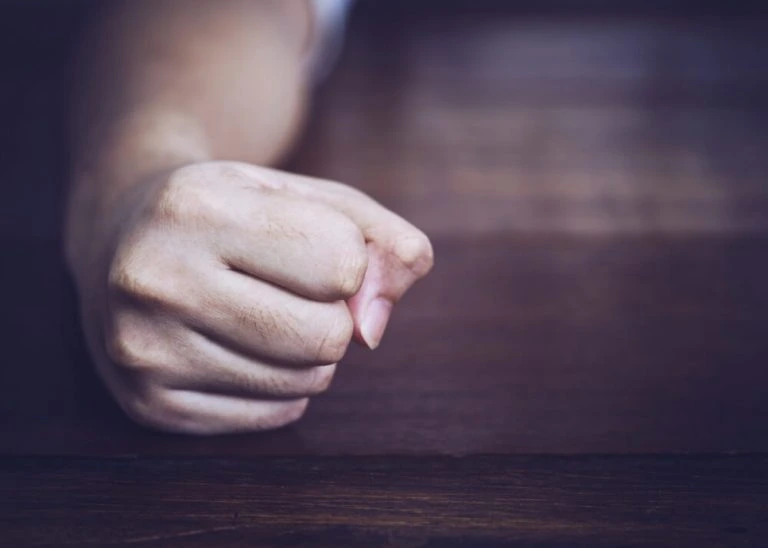Barbiturate Withdrawal Explained
While barbiturates are used medically to help people cope with anxiety and as a sleep medication, it is a powerful drug that is also often abused. Barbiturate abuse occurs in both men and women, with women being slightly more willing to go to treatment than men, according to NIDA. However, many people still don’t seek help for barbiturate abuse. This is due to the drug-seeking behavior common in addicts as well as a fear of barbiturate withdrawal for many.

Barbiturate Withdrawal – Understanding the Symptoms
In this article, we will take a closer look at barbiturate withdrawal symptoms as well as which treatments can assist you.
Why Does Barbiturate Withdrawal Occur?
Drug dependence refers to a situation where a person’s body adapts to a substance to such an extent that it struggles to function without it for a period of time. With the abuse of a drug over time, processes in the body and brain may speed up or slow down as a way for the body to try and find a balance. When the drug use stops, the body takes some time before it fully returns to normal function again, causing withdrawal symptoms.
Barbiturate Withdrawal Symptoms
The more dependent a person became to the drug, the more intense their barbiturate withdrawal will be. Other factors that can have an effect on the barbiturate withdrawal process includes the person’s age, the exact type of barbiturate that was abused, tolerance and the length of the drug abuse. Some people may have a quick withdrawal process while others may feel higher levels of discomfort for a longer period.
The most common symptoms that are reported during withdrawal include the following:
- Violent or aggressive behavior
- Seizures
- Shakiness
- Respiratory arrest
- Insomnia
- Hallucinations
- Agitation
- Tremors
- Increased body temperature
The symptoms can be extreme in some cases with a risk of falling into a coma and possible death. As such, it is always advised that professional help is found before attempting to stop. Not only can the person be helped through the symptoms safely, but it can help to prevent the person from relapsing due to overwhelming symptoms and cravings.
Withdrawal Timeline
The entire process of detox can last for up to a month in some cases. Generally speaking, most of the physical symptoms such as seizures peak within the first week of detox. This is also the time that cravings are most intense and mood swings take place.
The second week of detox is when more of the mental symptoms linger, such as depression. It may still be difficult to sleep at this time but most of the severe symptoms would have passed. After the second week, most symptoms become manageable even without medication, but some people may still benefit from medications to help with depression or other mood disorders that may still remain.
Barbiturate Withdrawal Treatment
As stated before, seeking medical assistance during detox is highly advised in order to prevent dangerous medical situations. At a rehab center, barbiturate withdrawal treatment programs provide the means to get through withdrawal symptoms from barbiturates with ease compared to going cold turkey. This is achieved through the medications that are available such as phenobarbital and pentobarbital. Such medications help to make the symptoms manageable and less severe.
Other medications include the use of over-the-counter drugs that help with symptoms such as insomnia and seizures. Once the detox is successfully completed, the patient can then attend further treatment programs to help prevent future drug use.
If you or a loved one is struggling with addiction, get help right away. Make a phone call that will connect you to a professional drug treatment center. The call you make may save your life or the life of someone you love. Call us today at (800) 429-7690.




